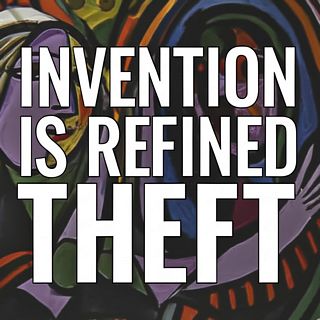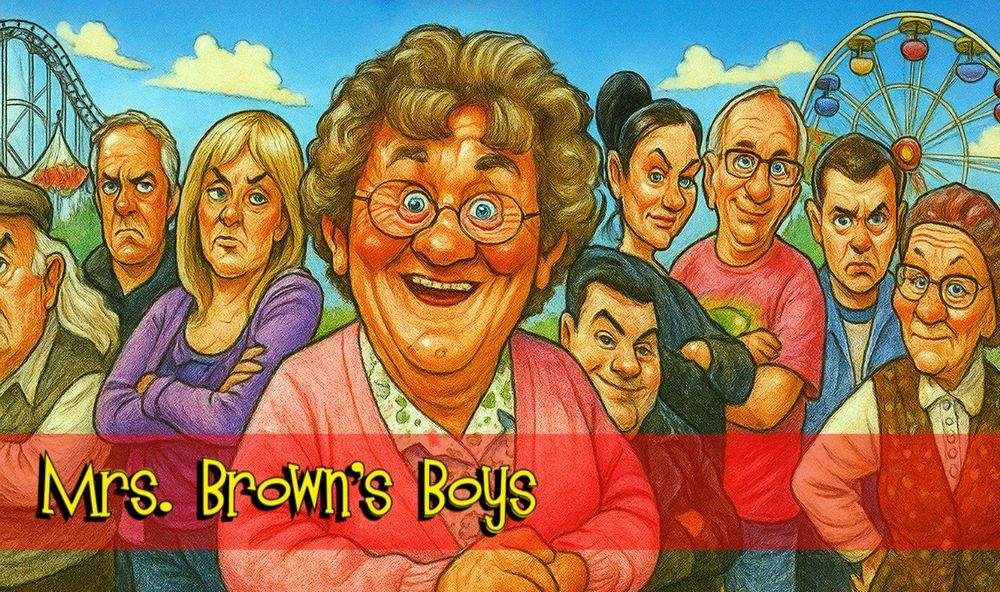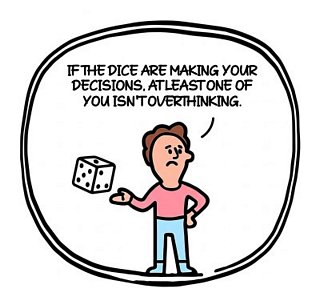 The danger with misdirected potential is that it inevitably finds a home in the absurd—unearned bathos, misdirected obsession, even petty grandiosity.
The danger with misdirected potential is that it inevitably finds a home in the absurd—unearned bathos, misdirected obsession, even petty grandiosity.
Psychologist Marie-Louise von Franz, a close associate of Carl Jung, writes on the reality of wasted creative energy in Shadow and Evil in Fairy Tales (1974):
People who have a creative side and do not live it out are most disagreeable clients. They make a mountain out of a molehill, fuss about unnecessary things, are too passionately in love with somebody who is not worth so much attention, and so on. There is a kind of floating charge of energy in them which is not attached to its right object and therefore tends to apply exaggerated dynamism to the wrong situation.
Idea for Impact: Unspent creativity doesn’t stay idle—it mutates. If you don’t give it purpose, it will attach itself to nonsense and turn you into a zealot for the trivial.
 In
In  Originality is often idolized, portrayed as a spark of genius that materializes out of thin air. But the truth is far more practical: most great ideas begin as refined imitation. Innovation isn’t rebellion; it’s mutation. It builds upon what has come before and reshapes it into something unexpected.
Originality is often idolized, portrayed as a spark of genius that materializes out of thin air. But the truth is far more practical: most great ideas begin as refined imitation. Innovation isn’t rebellion; it’s mutation. It builds upon what has come before and reshapes it into something unexpected. We rely on to-do lists to organize our tasks, yet they often
We rely on to-do lists to organize our tasks, yet they often 

 It’s a curious feature of our age that we still require, by law, ashtrays in the lavatories of commercial aircraft. Not because we’re nostalgic for the days when the skies were thick with the fug of unfiltered Marlboros, but because—despite decades of prohibition—someone, somewhere, will inevitably decide the rules
It’s a curious feature of our age that we still require, by law, ashtrays in the lavatories of commercial aircraft. Not because we’re nostalgic for the days when the skies were thick with the fug of unfiltered Marlboros, but because—despite decades of prohibition—someone, somewhere, will inevitably decide the rules  Ever stepped into the shower and suddenly cracked a lingering problem wide open? You turn on the water, and just like that, the perfect idea rushes in. That’s your subconscious at work, making
Ever stepped into the shower and suddenly cracked a lingering problem wide open? You turn on the water, and just like that, the perfect idea rushes in. That’s your subconscious at work, making  We make thousands of decisions daily—what to wear, which email to answer first, whether to take the scenic route or stick to the main road. Most are low-stakes, but the act of choosing can sap mental energy. That’s
We make thousands of decisions daily—what to wear, which email to answer first, whether to take the scenic route or stick to the main road. Most are low-stakes, but the act of choosing can sap mental energy. That’s  The tendency to divide humanity into heroes and villains, saints and devils, is
The tendency to divide humanity into heroes and villains, saints and devils, is